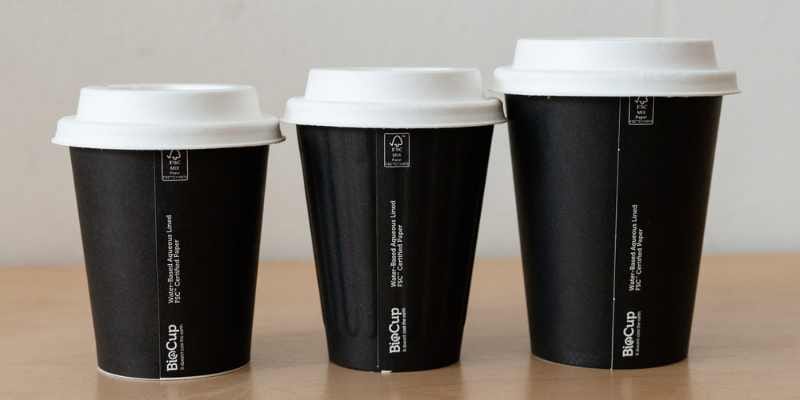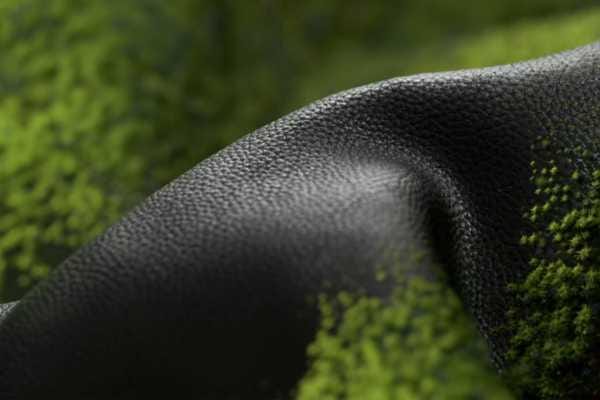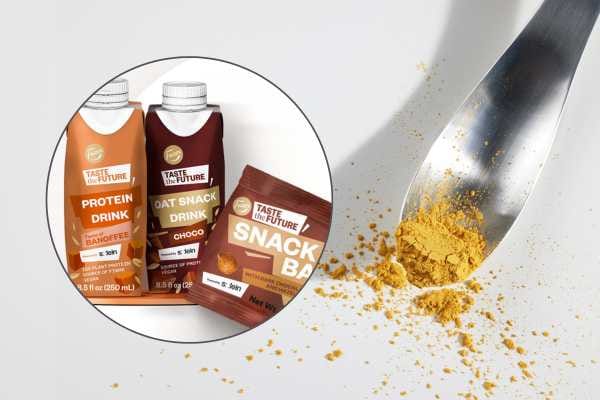New schemes take aim at plastic waste
Governments join the race to reduce the toxic legacy of single-use plastic.

Only 9% of all plastic waste produced since 2015 has been recycled, according to the United Nations Environment Programme (UNEP).
What's left is a giant, toxic waste stream that governments are urgently seeking to tame with approaches that range from funding industry research into plastic substitutes to outright single-use plastic bans.
MyEcoBag, the Australian creator of compostable food-waste bin liners, has recently been selected to take part in a government-funded research collaboration.
Under the banner of ‘Solving Plastic Waste’, this new Cooperative Research Centre (CRC) will bring industry and universities together in the hunt for solutions, with A$40 million of funding for the program announced last month.
The partners are tasked with accelerating development of plastic substitutes, promoting a more circular economy and shifting human behaviours around plastic use and disposal.
"There is no doubt that microplastics are creating issues within the food chain. We now know that each of us has a level of plastics that are ingested"
MyEcoBag’s credentials in its home market of Australia have been cemented through the use of its bags in FOGO (Food organics and garden organics) run by local councils, and its compostable bags are now sold in many countries.
According to MyEcoBag's parent company, SECOS, the new CRC will blend leaders from international food brands, universities and other stakeholders to develop technologies capable of slashing 20 per cent of plastic waste over the project’s ten-year duration.
Research will focus on several areas including reducing the impact of microplastics and plastic chemicals in the food chain.
The UNEP says transitioning to more eco-friendly alternatives can be a lengthy process. “In the meantime, strengthening circular thinking and waste management systems can successfully help in reducing plastics pollution,” it says.
One of the key drivers for change according to SECOS CEO, Richard Tegoni, is the impact that both plastics and microplastics have on the environment.
“Estimates as to the extent of this problem vary, but there is no doubt that microplastics are creating issues within the food chain. We now know that each of us has a level of plastics that are ingested,” he said.
Single-use bans
Another Australian innovator, BioPak, is also pivoting in response to shifting tides in single-use plastic legislation around the world.
Launched back in 2006, BioPak distributes a wide range of sustainable food-service packaging and utensils worldwide, and recently won a World Packaging Organisation WorldStar Award for its Aqueous BioCups made with FSC-certified paper and lined with an ‘aqueous’ technology that prevents leakage.

The company has announced plans to expand its operations into the Hong Kong market where a single-use plastic ban will come into effect next month.
According to BioPak, these bans have caused concern among those businesses in Hong Kong likely to be affected by the new rules.
“We have set our sights on this region for quite a while, with the new plastic bans making it a logical business move to help provide certified compostable packaging to a region in need of our services,” BioPak CEO Gary Smith said.
And Hong Kong is not alone in this shift as many countries begin the process of implementing bans on single-use plastics – a recent example being the ban on non-compostable coffee cups and lids soon to be rolled out across Western Australia.
MyEcoBags are made from the starch extracted from GMO-free corn. The corn starch is then mixed with other compostable ingredients which will fully break down into organic matter in up to 90 days. BioPak makes a range of compostable food service products from plant fibre and other sustainable ingredients. Its aqueous BioCups are made using a dispersion coating that is applied like paint and absorbed into the paper fibres of the cup. According to BioPak this process substantially reduces the amount of material needed while still providing the same leak and grease-proof benefits. The cup lids are made from sugarcane pulp.





